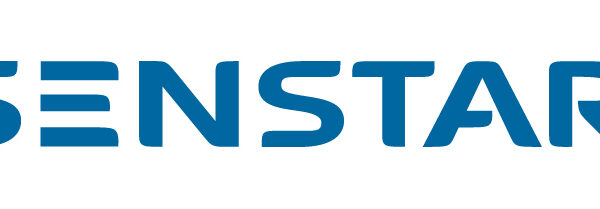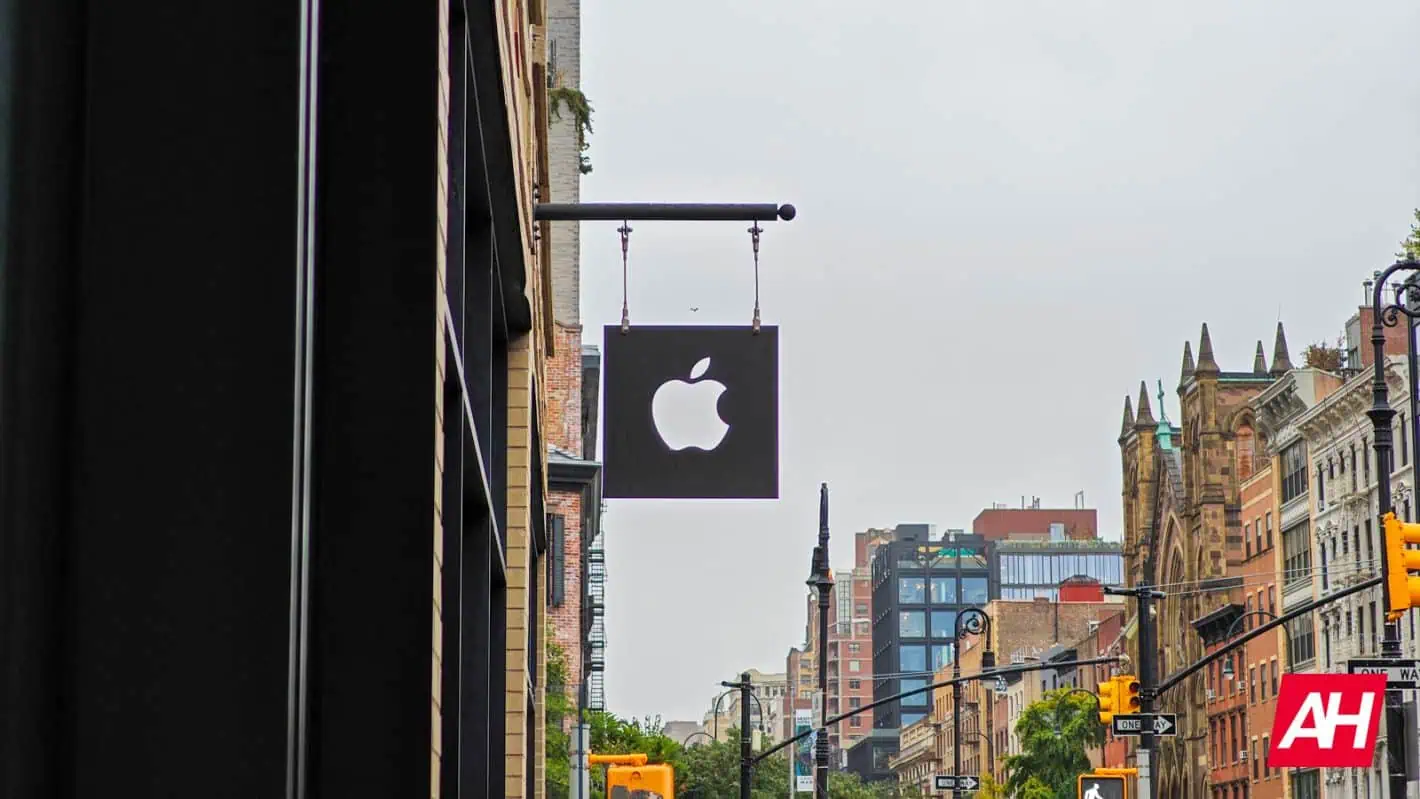Apple has successfully dismissed a significant lawsuit alleging a conspiracy with Visa and Mastercard to suppress competition in the payments industry. The Southern District of Illinois ruled in favor of Apple, finding that the claims made by Mirage Wine & Spirits and other merchants lacked sufficient factual support.
Merchants, including Mirage Wine & Spirits, accused Apple, along with Visa and Mastercard, of colluding to prevent the tech giant from developing its own payment network. They claimed that Visa and Mastercard had allegedly “bribed” Apple to maintain dominance in the market. According to the lawsuit, this arrangement involved payments of 0.15% on all US credit transactions and 0.5 cents on each debit transaction processed via Apple Pay on these networks. The merchants contended that such practices harmed competition within the payments ecosystem.
The court’s decision was based on the determination that the plaintiffs failed to provide adequate factual allegations to substantiate their claims. The presiding judge noted that the allegations appeared circumstantial and speculative. Furthermore, the judge referenced contractual language that affirmed Apple’s right to compete with Visa and Mastercard.
While this lawsuit has been dismissed, the plaintiffs have a 30-day window to amend their complaint and refile. Should they choose not to do so, the case will be dismissed with prejudice, meaning it cannot be brought back to court.
Background on Apple’s Payment Services
Although Apple does not operate a payment network of its own, the company has shown interest in financial services. Notably, Apple launched the Apple Card in 2019 in collaboration with Goldman Sachs. This product, available only in the United States, exists in both digital and physical forms. Users can employ the Apple Card with Apple Pay or as a traditional card at retail locations that do not support Apple Pay.
This latest legal development highlights the ongoing competition within the payments industry, where major players like Apple, Visa, and Mastercard continue to navigate complex relationships with merchants and consumers. As the landscape evolves, the outcome of any future legal actions may further shape the dynamics of payment processing in the digital age.





































































